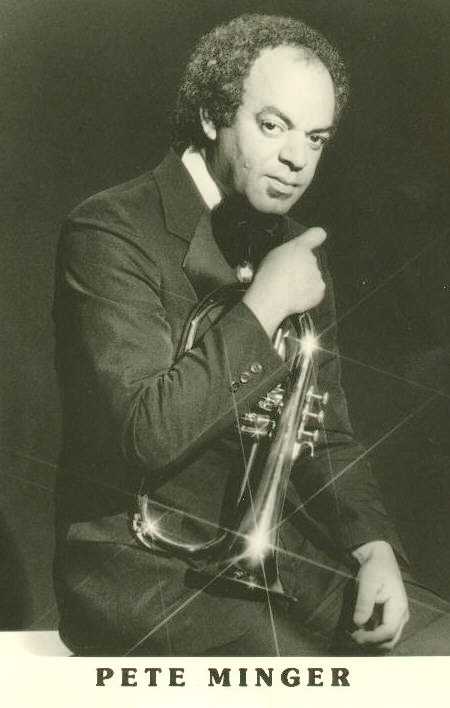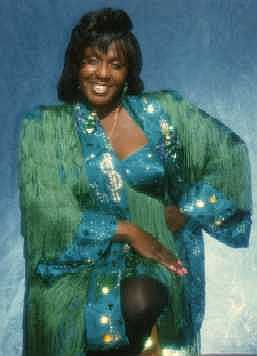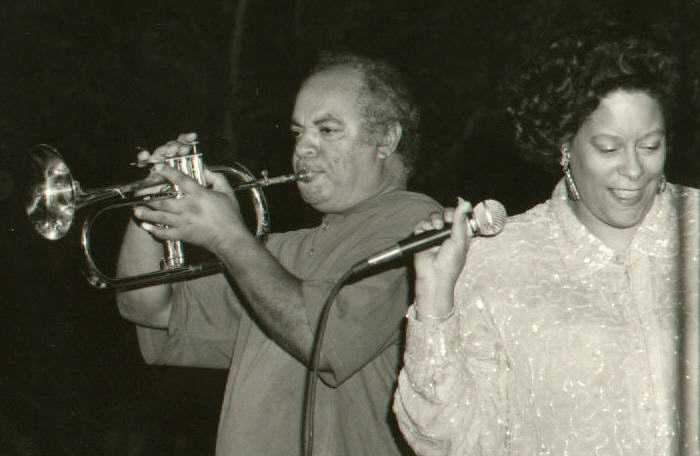|
presents. . . |
Website Designs |
Want to discuss
something on this page? |
JAZZQUEST! Powered by CounterBot.com |




|
||||
In the meantime, here's some interesting information from Britannica.com on Jazz |
 |
|
JAZZ DISCUSSION FROM BRITANNICA Had it not been for the traffic in slaves from West Africa to the United States, jazz would never have evolved, either in the United States or Africa, for jazz is the expression in music of the African native who is isolated both socially and geographically from his natural environment. /bcom/eb/article/7/0,5716,117527+1+109538,00.htmlAmong the West African tribes supplying victims for the slave trade, music, and especially vocal and percussive music, had developed in a way quite unknown to the academic Western ear. Scales and harmony were purely intuitive, and music was deployed less as an abstract aesthetic gesture than as a specific language conveying subtle shades of meaning and emotion. By varying the pitch of a note or changing the inflection of the voice while uttering a musical sound, the performer could convey far more concrete messages than his sophisticated Western counterpart. If his art was cruder, his function was more practicable. Although most of the prehistory of jazz is speculative, the flexibility of this musical language, unfettered either by conventional ideas of correctness or by precedent, resulted in the unwitting development of a scale utterly original so far as the West was concerned. This scale, in which the third (E in the key of C), or mediant, and the seventh (B in the key of C), or leading tone, were flattened and thereby turned into what are sometimes referred to as "blue notes," became the basis of the language that eventually emerged as jazz.
|
(/bcom/eb/article/idxref/0/0,5716,395908,00.html ) The transfer of these West African tribal traditions to the slave fields, railways, and rivers of the southern U.S. was of advantage to oppressed and oppressor alike, the slave obviously taking solace in the cultural memory of his own collective past, the slave owner encouraging work songs in the same spirit as an infantry general might approve of military bands--for the stimulus they gave to work rate. Because of the oddly eccentric nature of its whole being, jazz has enjoyed the questionable benefits of definitions that are either tautological--"Jazz music is any music played by jazz musicians"--or confusing to the layman--"Jazz is a matter of lip-technique." What can be said with confidence is that, whereas in more conventional musical areas the artist is fundamentally an executant expressing the findings of the creative mind of the composer, in jazz the performer is usually his own composer. Within the strict meaning of the term, there can be no such thing as a jazz theme, although of course some themes will lend themselves to the jazz idiom more readily than others. The customer, unable to acquire the recording of Brahms's Fourth Symphony conducted by Herbert von Karajan, would probably settle for someone else's recording of that work. But the buyer thwarted in his attempt to buy the jazz musician Duke Ellington's version of "Caravan" might well accept as a substitute anything else played by Ellington. That is why, in jazz, there is at least one truism that has always applied: the performer playing a theme always tries to make it sound not like itself but like himself. [Click here for more on Jazz at Encyclopedia Britannica.com http://www.britannica.com] |

